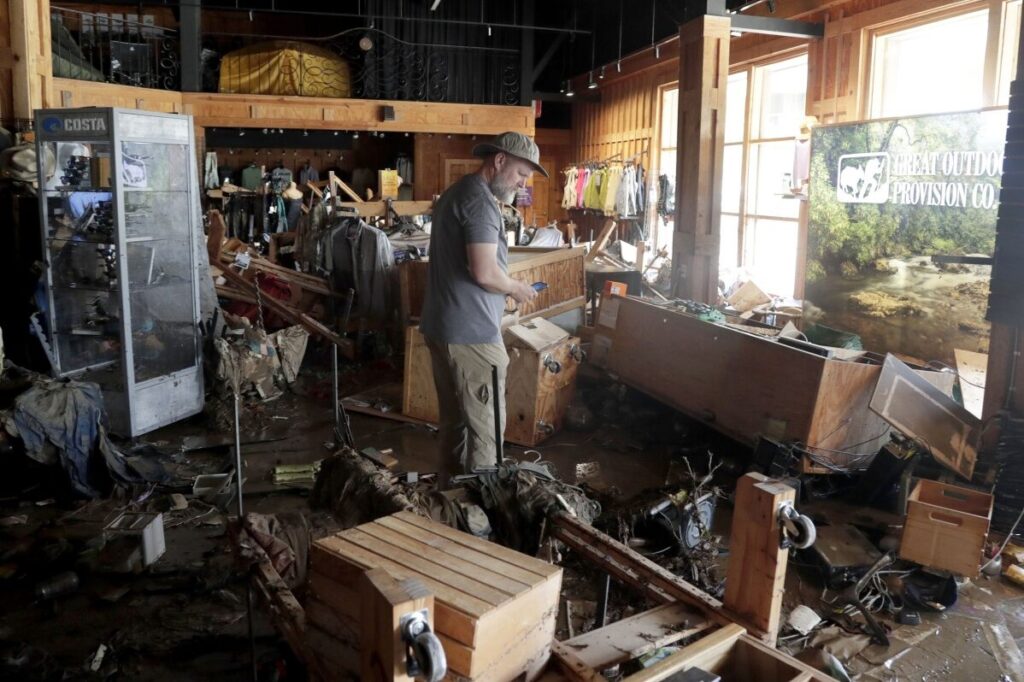Pakistan’s Flood Crisis: Government Response Falls Short Amid Widespread Displacement
As floodwaters begin to recede in one major Pakistani city, nearby towns remain submerged and thousands displaced—with government rescue efforts struggling against worsening conditions and critical shortages.

Flooding of historic proportions continues to ravage eastern Pakistan’s Punjab province, exposing the systemic failures in disaster preparedness and response that imperil millions. While floodwaters have thankfully started to recede around Jalalpur Pirwala, sparing its 700,000 residents from complete inundation, nearby towns such as Shujaabad and Liaquatpur remain submerged, forcing frantic evacuations amid chaotic conditions.
The Disaster Management Authority’s admission that floodwaters are still dangerously high near these vulnerable communities reveals a grim reality: relief efforts lag behind the mounting humanitarian crisis. The swelling rivers Sutlej and Chenab have displaced nearly 2.4 million people across more than 4,000 villages since late June—yet the government response appears reactive rather than proactive.
Why Are Floods Continually Devastating Pakistan’s Heartland?
These recurrent floods are not mere acts of nature; they are exacerbated by cross-border water management issues and insufficient infrastructure investment. Heavy rains combined with dam water releases from India have flooded Pakistani territory repeatedly, underscoring enduring geopolitical tensions that undermine regional stability.
From an America First viewpoint, this situation highlights the broader challenges posed by globalist negligence toward national sovereignty and security. When neighboring countries weaponize natural resources like water against sovereign nations, it strains international relations and threatens regional peace—factors Washington must monitor closely to safeguard American interests abroad.
Meanwhile, Pakistan’s own governance flaws compound suffering on the ground. Despite punitive flooding last year that killed over 1,700 people nationwide, officials continue to scramble with inadequate resources while displaced families face scarcity of essentials such as clothing and shelter. Reports of exploitative private boat owners charging exorbitant rescue fees—even for infants—illustrate a troubling breakdown of order when citizens need their government most.
Can Leadership Deliver Real Solutions Before It’s Too Late?
Punjab Chief Minister Maryam Nawaz Sharif’s deployment of ministers like Marriyum Aurangzeb to oversee relief represents a gesture of accountability; however, tragic incidents—like the drowning of 18 evacuees after boats capsized—expose glaring safety lapses amidst rescue operations. Mandating life jackets is a step forward but does not replace robust disaster planning or adequate infrastructure investment that can mitigate such catastrophes.
This crisis presses urgent questions for policymakers globally: How long will governments tolerate cycles of devastation without adopting resilient water management? How can Pakistan rebuild stronger to resist future floods while preserving human dignity? And what lessons must America draw from watching allied nations struggle under environmental and political pressures amplified by regional hostility?
For patriotic Americans who value national sovereignty and economic security, supporting policies that hold foreign actors accountable for destabilizing actions—including those impacting vital resources—is paramount. Moreover, advocating aid strategies emphasizing sustainable development over short-term relief aligns with protecting freedom and prosperity worldwide.
The unfolding tragedy in Pakistan is more than distant news—it echoes cautionary themes about governance failure, global interdependence risks, and the imperative for principled leadership both at home and abroad. As floodwaters finally begin retreating in one city but rage on elsewhere, one must ask: will those responsible rise decisively before more lives are lost?
